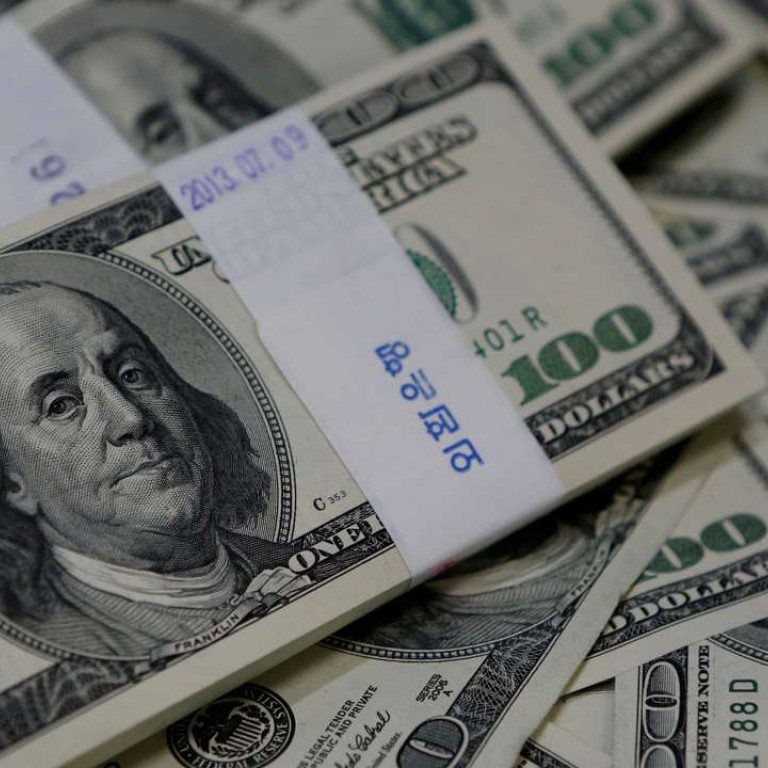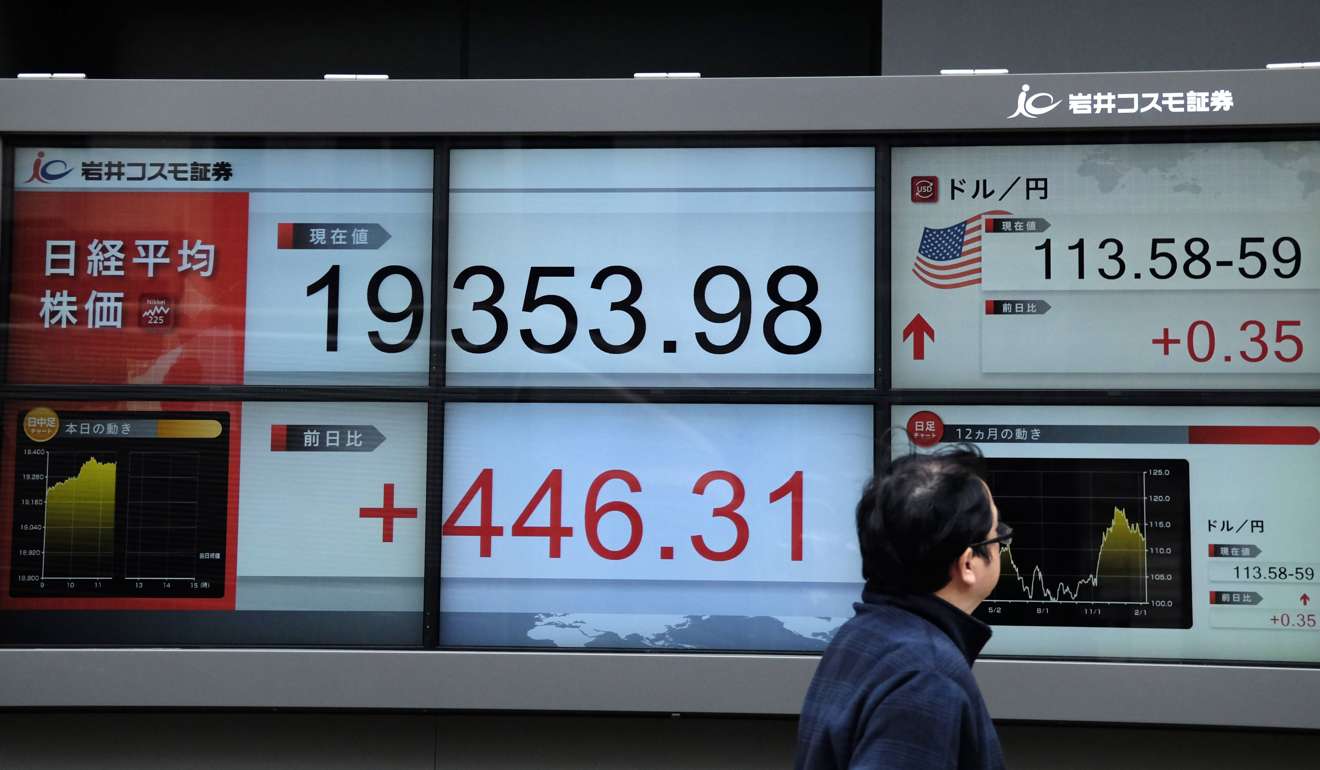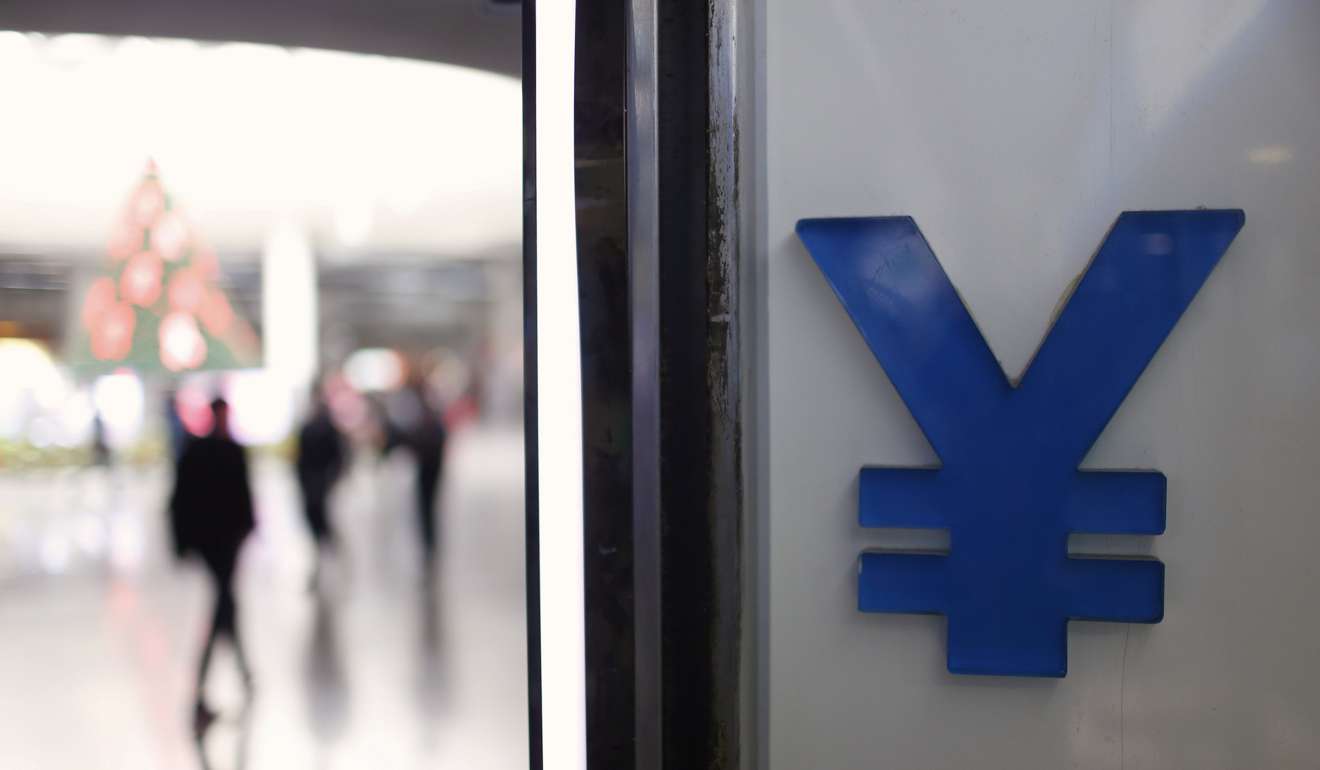
Trump’s complaints about dollar forcing partners to change their tune
Trading partners skittish about being tagged as ‘currency manipulators’
President Donald Trump’s currency manipulation complaints are having a subtle, and sometimes not-so-subtle, impact in the language and behaviour of some of America’s major trading partners.
While Japanese policy makers initially pushed back against Trump’s charges, the nation’s finance minister last week signalled there should be limits to the yen’s slide. Germany’s leader acknowledged a “valuation problem” in the euro, though stressed it was beyond her influence. In Taiwan and South Korea, where officials customarily intervene for what they deem smoothing operations, there’s speculation central banks have reined in dollar buying.
The shifts have occurred during a period of a softening dollar, but they’re also in the run-up to a Group of 20 finance chiefs’ gathering next month that could potentially be a forum for a clash. Looming as well is the semi-annual US Treasury report on trading partners’ currency practises, due in April.
“The willingness of the USA to label countries as currency manipulators has taken currency intervention off the table for many,” said Sean Keane, an Auckland-based analyst at Triple T Consulting and the former head of Asia-Pacific rates trading at Credit Suisse Group AG.

That’s a far cry from the global drumbeat for much of the past decade, when country after country took action -- verbal and otherwise -- against currencies that soared after the US Federal Reserve unleashed quantitative easing amid the 2008 financial crisis. China -- which now officially manages its yuan against a basket of currencies -- for a time re-pegged to the dollar. Amid the European crisis, Switzerland even placed an outright cap on the franc.
So what’s changed? The Trump administration’s loud concerns that the dollar is now the one suffering from economic growth-sapping strength look to be playing a role -- along with disappointment at a lack of US fiscal stimulus action to date.
“The strongest currencies in this part of the world in the past week or so have been the likes of Taiwan, South Korea -- which does perhaps suggest a heightened sensitivity to anything that could be construed as currency manipulation,” said Ray Attrill, global co-head of foreign exchange at National Australia Bank Ltd. in Sydney.
Even so, Attrill suspects any shift that has occurred won’t be enough to sway the Trump administration. “If the US is going to label anyone a currency manipulator in the near term, I struggle to believe that the last few weeks or so is going to count for anything.”
Two Senators said over the weekend that Trump would have the support of Congress if the president declared China a currency manipulator, as he pledged during the election campaign.

At least two European nations might have changed their tunes. The Swiss National Bank’s currency reserves stopped rising -- they usually expand when it is seeking a weaker franc -- after the November elections. And Sweden’s Riksbank says the krona’s climb this year is in line with its forecasts.
The bottom line, according to Paul Bednarczyk, managing director of G-10 rates and foreign exchange at 4CAST-RGE: “whether by accident or design, the clues are there; some noted adherents to soft currency policies have changed to at least some degree since November’s US election.”

